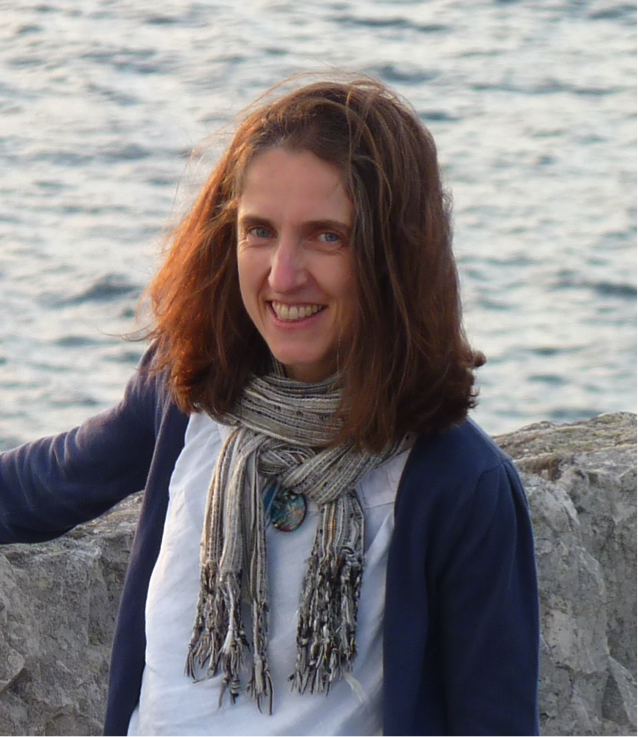FR245 In the Family Way: Birth, Sex and Death in Seventeenth-Century French Culture
| Module Code: FR245 |
|---|
| Module Name: In the Family Way: Birth, Sex and Death in Seventeenth-Century French Culture |
| Module Coordinator: Dr Cathy Hampton |
| Term 1 |
| Module Credits: 15 |
Module Description
Methods: flipped classroom (lectures delivered online); interactive seminar workshops; mixed modes of assessment: essay/close reading, and 'student devised assessment' (the latter with the aim of linking texts with modern contexts and experiences).
This page is intended to give you a feel for the module, its content and the way it is taught. We will be looking at:
- One of the earliest published midwifery texts, whose influence rapidly spread across Europe and is still referred to on midwifery training courses today (Louise Bourgeois, Instruction à ma fille; Récit véritable). These texts seek to demonstrate the capacities of women to operate effectively as medical professionals despite the opposition of the male medical establishment.
- Perrault's fairy tales: texts that have come to be associated with childhood across Europe - 'La belle au bois dormant; Cendrillon; Le Petit Chapéron rouge; Le Chat botté, and so on...' (Histoires et contes du temps passés). We will contrast Perrault's tale-telling with that of female tale writers of the period.
- French tragic drama: Corneille's exploration of one woman's 'monstrous' attempts to secure political power through the exploitation of blood ties and birthright (Rodogune)
- Letter writing : exploring how family relationships are negotiated in text form (Mme de Sévigné, Lettres)
Why the family?
When we think about the family and its associations, we're brought to consider a vast range of ideas that touch on a number of disciplines: politics, religion, sociology, anthropology, gender, art, history, biology (to name but a few).
Why birth, sex, and death in seventeenth-century France?
In my research on interpersonal relations and social codes in the early modern period, the challenge and the excitement has been to 'get inside' another culture and to analyse how it wrestles with these universal human experiences. What images, symbols and metaphors are used? How do ideas about gender and social status inform perceptions of family roles and duties? How were children viewed in early modern France?
From our 21st-century perspectives, we bring a number of our own questions, critical approaches and pre-suppositions to the table: ideas about human psychology, medicine, gender, inherited characteristics and so on. The module will examine both 17th century perceptions and our own, including
- seventeenth-century theories and fantasies about the relationship of the human person to his / her environment, and about the role of blood ties.
- reflections on the human life cycle and family life:
- medical questions (childbirth, the issue of abortion);
- interrogation of models of care giving;
- anxieties over power at the level of family and state (sibling and generational rivalry, the role of gender);
- fantasies of the journey from innocence to sexual maturity (fairy tales and the unconscious).
Teaching and learning on the module
This module takes an innovative approach to teaching and learning in the following ways:
- 'Flipped classroom': you will listen to a recording of the lecture before the class, giving us more time in our 2 hour seminar session for in-depth discussion, student-led presentations and mini-research projects and the opportunity to consult online resources.
- Student Devised Assessment: you will be encouraged to consider how ideas presented in our early modern sources intersect with modern questions about family, society and wellbeing, and to explore ways of communicating this to a modern audience.
Assessment Method:
50% - Essay or close reading exercise (textual analysis and commentary): 1750-2000ww
50% - Student Devised Assessment. Students will have the opportunity to choose from a range of possible tasks, each of which links a primary text with a modern context, or to devise a similar task in consultation with the module tutor.Some examples might include: writing a preface for an edition of a text; writing imagined correspondence to an author; looking at how 21st century models of caregiving compare with those expressed in our texts. The task will also involve an element of reflection. Please see some examples of student work here. 1750-2000ww




